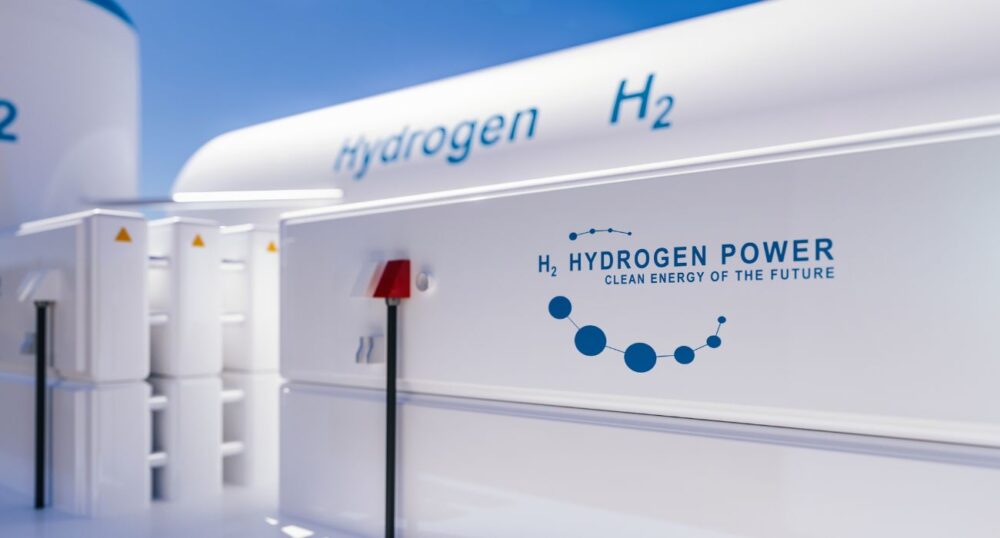The Houston region has overcome an early hurdle toward becoming a national hydrogen hub, according to the Houston Chronicle.
The U.S. Energy Department’s Office of Clean Energy Demonstrations encouraged Houston to submit a complete application after review of a concept paper for the region.
If selected, Houston could receive part of the $7 billion in taxpayer funds set aside by the Biden administration to encourage development in the hydrogen sector.
The department has received 79 concept papers from different areas seeking to be designated as one of the six to 10 hydrogen hubs.
The advocates for Houston’s designation as a hydrogen hub have coalesced into a collection of public and private organizations called HyVelocity Hub. According to the group’s website, “The HyVelocity Hub is comprised of industry, university, and leading energy companies and organizations working to advance the clean hydrogen ecosystem in Texas, Southwest Louisiana, and along the U.S. Gulf Coast.”
The Gulf Coast is already the nation’s largest hydrogen producer, the HyVelocity Hub website touts, with over 1,000 miles of hydrogen pipelines and 48 hydrogen production plants.
Some of the organizations involved in HyVelocity Hub include the University of Texas at Austin, Chevron, Air Liquide, Center for Houston’s Future, and GTI Energy.
“The name HyVelocity conveys the idea that we have a tremendous opportunity to accelerate the creation of a clean hydrogen market at the pace needed to meet aggressive decarbonization goals for communities in our nation and around the globe,” explained Paula A. Gant, president and CEO of GTI Energy.
Some civic and business leaders hope to use hydrogen as an alternative to fossil fuels. However, hydrogen production produces a sizable amount of carbon dioxide.
The Houston area is already well-placed to become a hydrogen hub as it produces approximately a third of all the hydrogen in the United States — about 3.5 million metric tons annually — as well as hosting half of the nation’s hydrogen pipelines.
Texas lawmakers pointed out this advantage in a letter to U.S. Energy Secretary Jennifer Granholm in September, saying that making Houston a hydrogen hub would be an obvious choice.
“There is simply no better place in the United States to establish a large-scale hydrogen hub than Houston,” the letter stated. “The energy capital of the world, Houston has a unique concentration of industries, manufacturing and expertise that is unmatched.”
Thus far, out of the 79 concept papers received, the department has encouraged 33 groups to apply. Applications are due in April.

